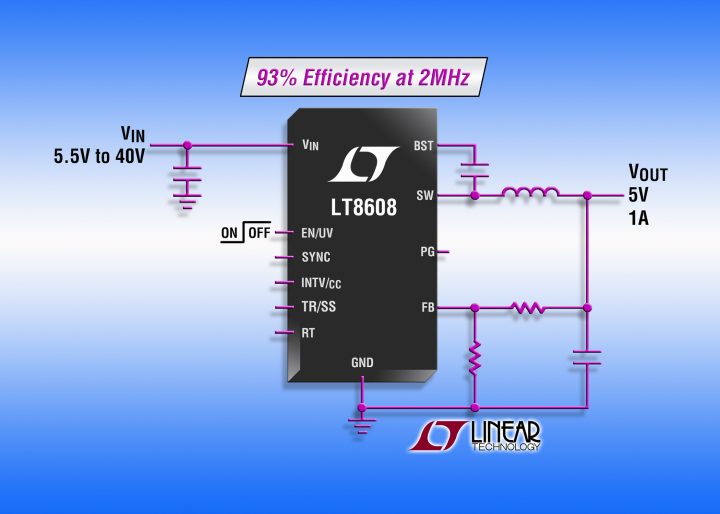
Buck regulator accepts 3.0-V to 42-V input
Linear Technology Corporation announces the LT8608, a 1.5A, 42V input synchronous step-down switching regulator. A unique synchronous rectification topology delivers 93% efficiency while switching at 2MHz enabling designers to avoid critical noise-sensitive frequency bands, such as AM...
Continue Reading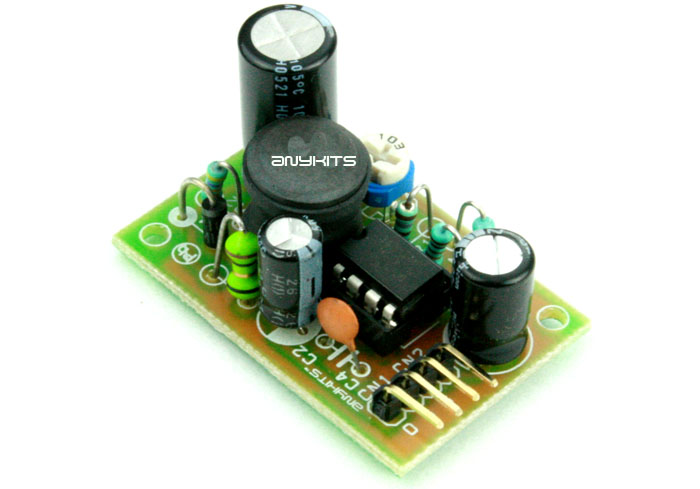
12V to 28V Step Up DC-DC Converter
The Step-Up DC-DC Converter project provides 28V, 175mA output with input of 12V DC. The MC34063A IC is heart of the project from On semiconductor. The MC33063A is a monolithic control circuit containing the primary functions required for DC-DC converters, This device consist of an...
Continue Reading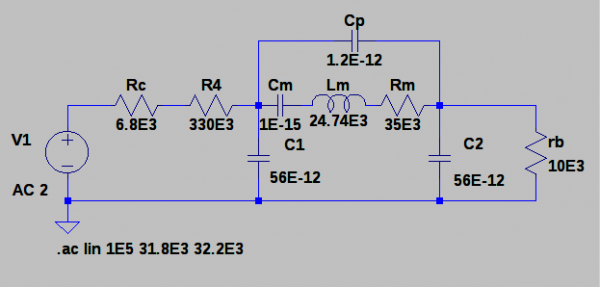
Troubleshooting a 32kHz Crystal Oscillator
How to Actually Make it Oscillate? Now for an oscillator to work, we need an amplifier with a gain of greater than 1, and a phase shift of 360 degrees to get positive feedback. First problem – the transistor was saturated, with Vc stuck near 0V. For an oscillator to start noise...
Continue Reading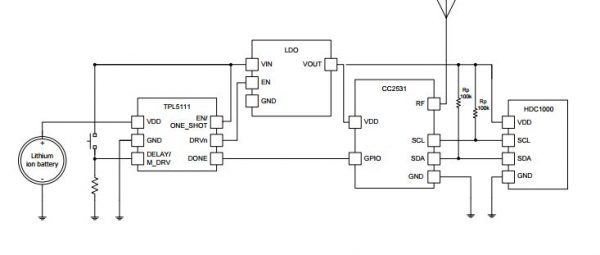
Ultra Low-Power (35nA!) Programmable Timer using TI TPL5111
Ultra Low-Power (35nA!) Programmable Timer using TI TPL5111. Imagine a system for example that has to work from a small coin cell for 5-10 years. TPL5111 solves a typical problem in low power wireless systems- things need to be off most of the time, and wake up periodically to...
Continue Reading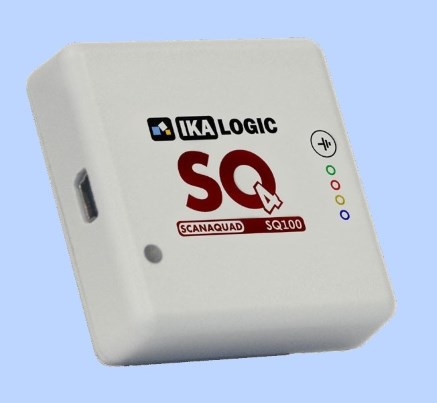
Review: ScanaQuad – a super-small logic analyzer
Harry Baggen @ elektormagazine.com reviews the ScanaQuad, a new series of tiny 4 channel logic analyzers. The ScanaQuad series consists of four modules (SQ25, SQ50, SQ100 and SQ200), which mainly differ in the sampling rate. The French company Ikalogic has been making logic analyzers...
Continue Reading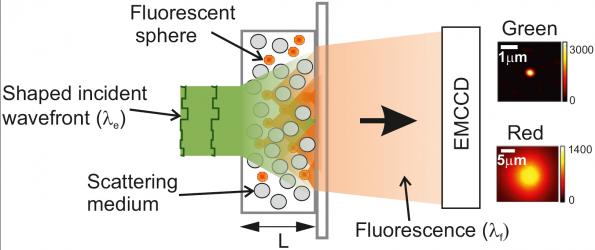
Better LEDs with just a trick of the light
Jan Buiting @ elektormagazine.com discuss about a new technique used by scientist to build better LEDs. By manipulating the incident light, researchers of the Complex Photonics Group at University of Twente in Enschede, The Netherlands, have turned light propagating in a layer of...
Continue Reading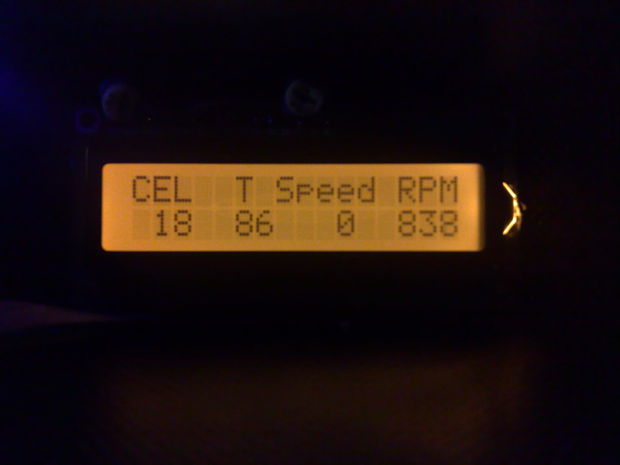
Low cost OBD2 communications on K-line
RichardvdK @ instructables.com shows us how to use OBD port of your vehicle to push data on a LCD screen. To achieve that he used a 16F886 microcontroller and some common electronics parts. This is just another OBD2 solution for monitoring the sensors in a vehicle. It supports the...
Continue Reading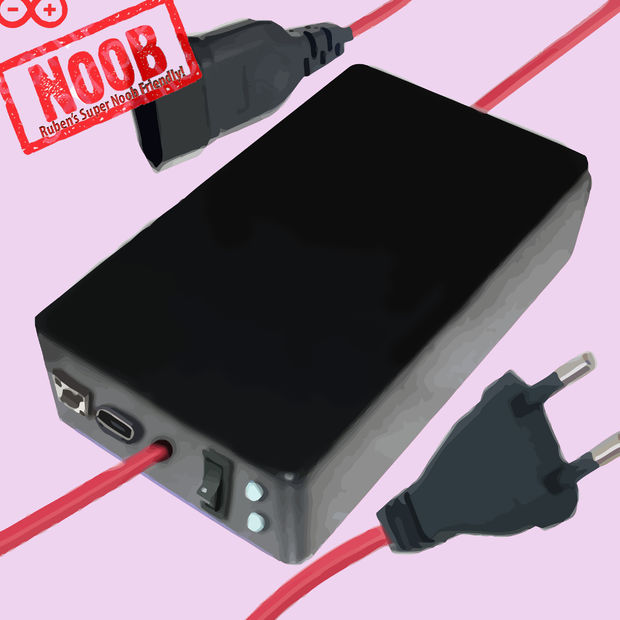
Control an electrical appliance with your smartphone – WiFi
Ruben Marc Speybrouck show us how to control a device using your tablet or smartphone. To achieve that he used arduino, blynk and a wemos / ESP8266 board. In this tutorial we will be making something I call a wifi controlled ac switch. (But iy also works for DC applications that are...
Continue Reading










